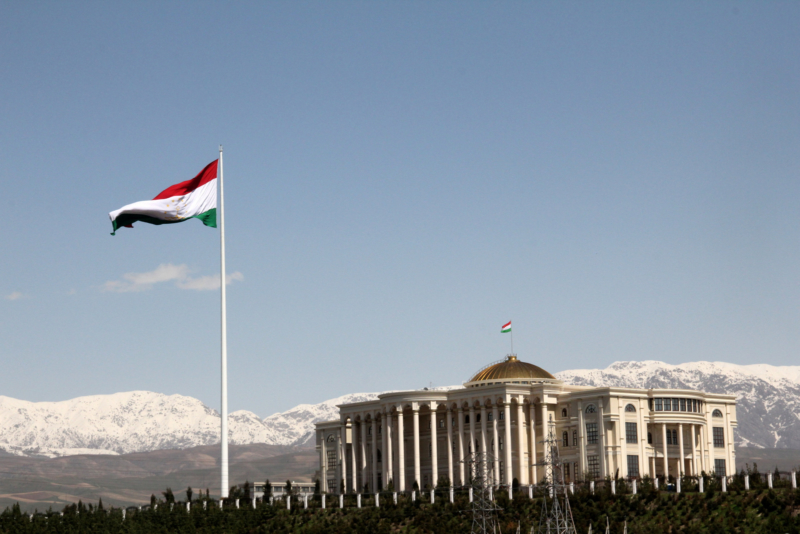During the project coordination meeting in Uzbekistan, partners have agreed on the priorities to be addressed among the next steps of project implementation and have establish the dates for the next meeting, which will take place in Dushanbe, Tajikistan, from 8th to 10th October 2020.
After having gone through the preparatory phases of the project, ChildCA is now getting to the heart of its development stage, which branches out into some main activities: drafting updated curricula, the installation of rooms for virtual learning in the Central Asian partner institutes, and staff exchanges for training.
The project coordination meeting in Uzbekistan has paved the way for discussing the next steps for project implementation, with specific focus on drafting updated and modern teaching-based curricula. Partners will work jointly in order to prepare an ideal curriculum, based on common findings and priorities, that afterwards will be adapted to each country’s specific needs and will be implemented for trial. Finally, during the meeting in Bukhara, the project partners have also established the details for the next meeting in Dushanbe, which will be instrumental in order to present the curricula to national authorities, asking endorsement to modify the structure of teachings for the next academic year, in the partner universities.
The equipment of CA Institutes with hi-tech videoconferencing instruments is another crucial point for the project implementation. It will enable Central Asian partners to connect to the European colleagues, in order to keep medical doctors updated via virtual classes on the modern techniques in paediatric training; through online storage they will also be able to gather and save the lessons and to share them with students and young academics afterwards.
The last major activity, among the project’s next steps, regards the exchange of young academics for training. Partners will soon select young practitioners in paediatrics that will have the chance to complete highly valuable internships in the EU. They will last three weeks, during which interns will be hosted for one week in each of the three European partner universities, where specific paediatric training will be provided: these exchanges, not only are embedded in the project’s vision, but they also testify how ChildCA is endorsing the EC new directives for cooperation with Central Asia, and its encouragement to strengthen exchanges of students, academics and researchers.

